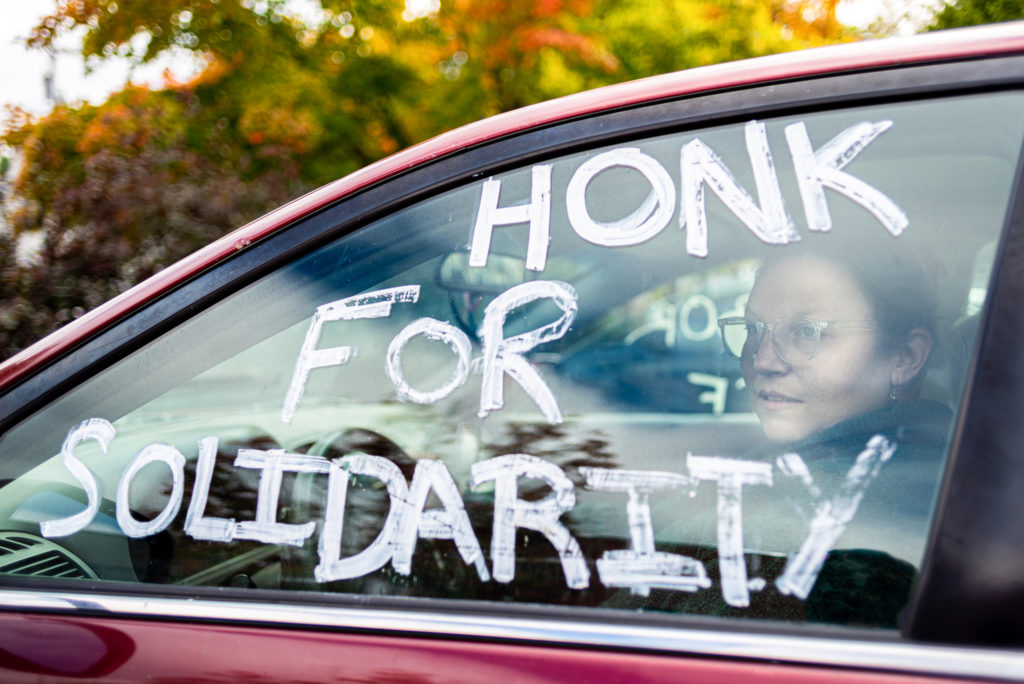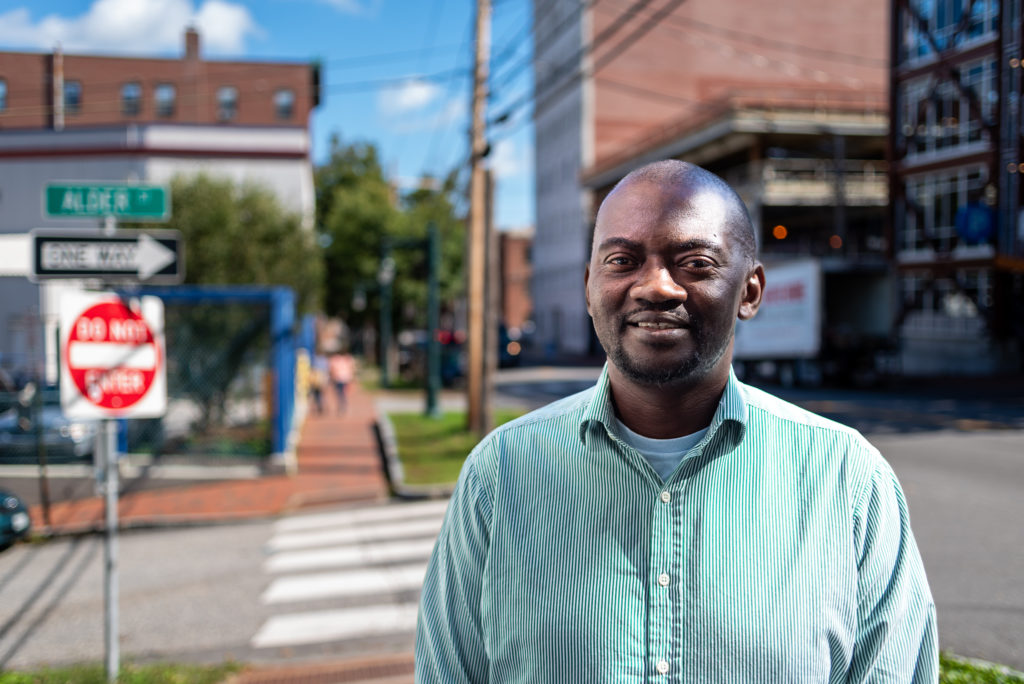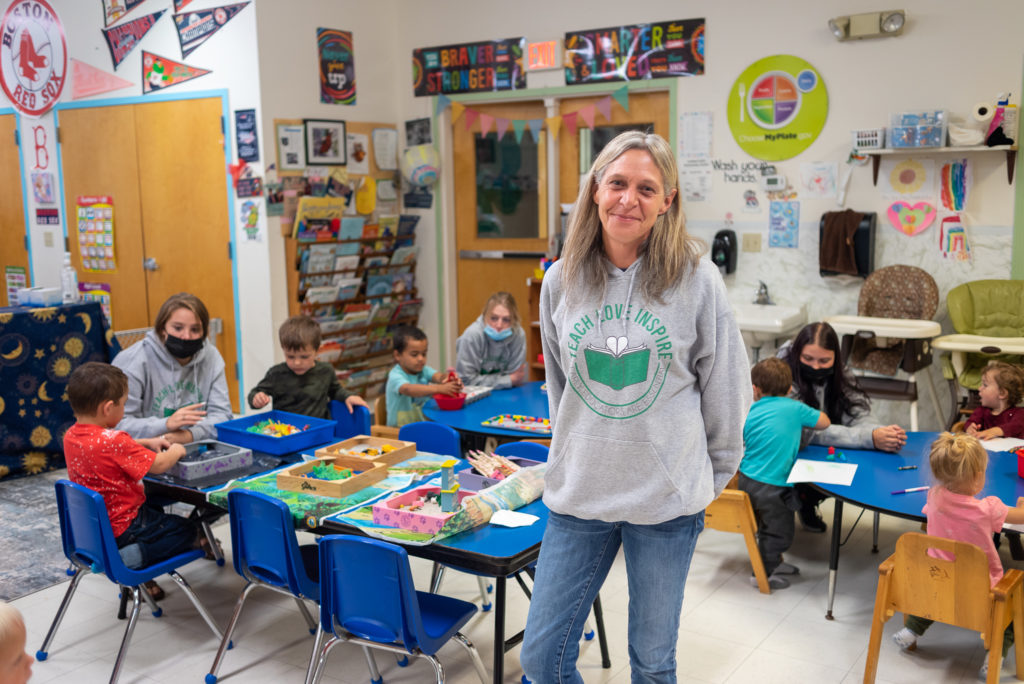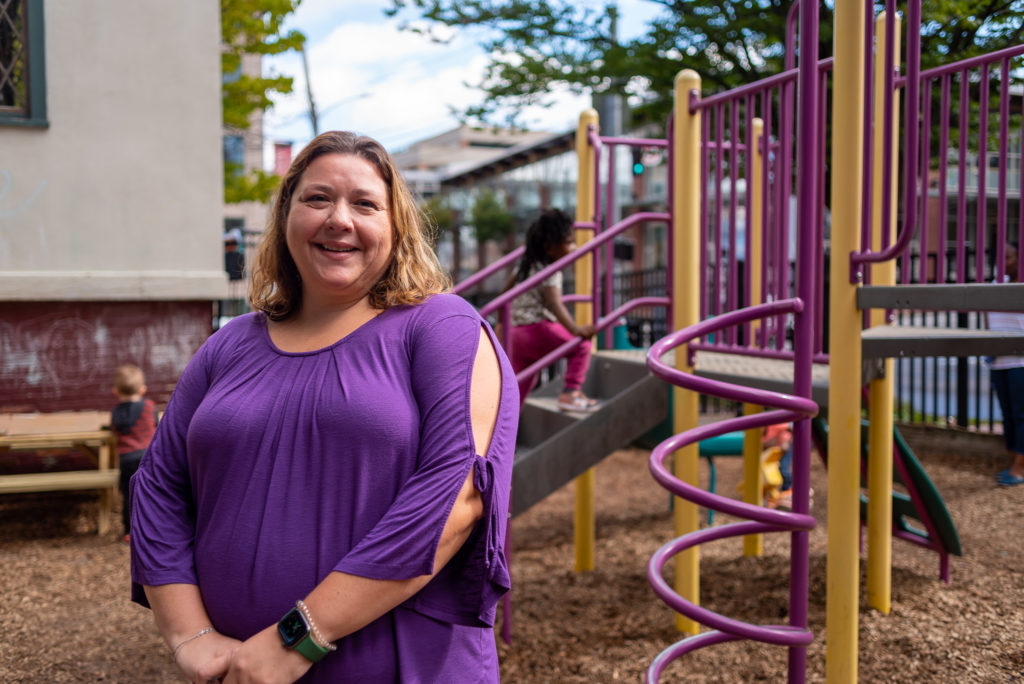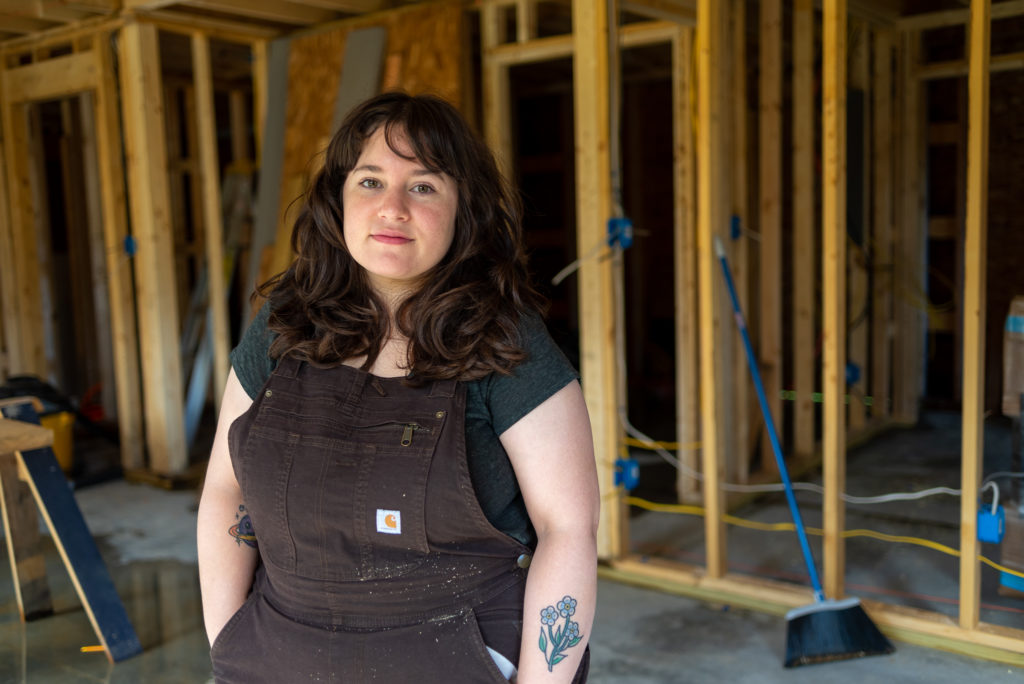In 2020, for the second time in a little more than a decade, the United States suffered one of the biggest economic downturns in its history. The arrival of the COVID-19 pandemic and the public health measures it required resulted in a record decline in economic activity, as well as widespread unemployment and temporary layoffs.1 Despite this economic shock, many indicators point to a near-full economic recovery just two years later, due in part to a robust fiscal response from the federal government.In 2020, for the second time in a little more than a decade, the United States suffered one of the biggest economic downturns in its history. The arrival of the COVID-19 pandemic and the public health measures it required resulted in a record decline in economic activity, as well as widespread unemployment and temporary layoffs. Despite this economic shock, many indicators point to a near-full economic recovery just two years later, due in part to a robust fiscal response from the federal government.
While the robust recovery from the COVID-19 recession is a relief for Maine workers, it hides continued underlying weaknesses in the economy. Some of these challenges were present before the pandemic, while others have emerged because of the pandemic’s disruption. Economic gains are undermined by: the highest rates of inflation in 40 years; too many Mainers being unable to participate fully in the economy; and numerous jobs lacking basic protections for workers. Some sectors, especially the public sector and those reliant on state funding, lack the resources to raise wages to hire and retain workers.
The upheaval of the pandemic revealed just how many “essential workers” are underpaid and poorly treated and rekindled a sense of worker solidarity and power. More than ever before, Maine workers recognize their own value — and want employers to recognize it too. Workers are increasingly expecting jobs that offer predictable schedules and the ability to take time off to care for family members or their own health needs. While wages and working conditions have improved during the past two years, there’s clearly more work to do.
To secure a sustainable recovery, which guarantees a thriving future for all Mainers, policymakers need to address these issues even as the immediate economic threats recede.
While the robust recovery from the COVID-19 recession is a relief for Maine workers, it hides continued underlying weaknesses in the economy. Some of these challenges were present before the pandemic, while others have emerged because of the pandemic’s disruption. Economic growth is undermined by: the highest rates of inflation in 40 years; too many Mainers being unable to participate fully in the economy; and numerous jobs lacking basic protections for workers. Some sectors, especially the public sector and those reliant on state funding, lack the resources to raise wages to hire and retain workers.activity, as well as widespread unemployment and temporary layoffs.1 Despite this economic shock, many indicators point to a near-full economic recovery just two years later, due in part tofiscal response from the federal government.
In the words of workers:
Brandi McNease
Brandi McNease worked in the food service industry as a cook, server, manager, and trainer for 20 years. In her most recent position as a trainer for an international restaurant franchise, Brandi sought to improve staff retention by advocating for better pay and working conditions. When she and her fellow workers tried to unionize, their Augusta franchise was closed. Read more…
Forrest Lorette
Forrest Lorette worked on dairy farms in the Skowhegan area from age 15 until graduating high school. Finding little opportunity for advancement in agricultural work, he transitioned to landscaping and hardscaping, and early this year began a new career as a machinist in a midcoast shipbuilding enterprise. Read more…
Gervin Kah
Gervin Kah is a telecommunications engineer and former member of the Gabonese National Assembly who arrived in Maine in early 2022, seeking asylum. Although Gervin’s qualifications include a degree in network administration and computer maintenance, laws regarding asylum seekers currently prohibit him from working. Read more…
Creative Play Childcare
Terri Crocker is the owner of nationally accredited Creative Play Childcare in Bath, serving 32 children ages 5 months to 13 years old. Terri has worked in early childhood education for 29 years, and as the owner of Creative Play for 19 years. Caitlyn Belanger is a preschool teacher in her fourth year at Creative Play. She works with 12 children ages 2 to 4. Read more…
Bouncing Bubbles Child Care
Chrissie Davis has operated nationally accredited Bouncing Bubbles Child Care from her Skowhegan home for 21 years. She independently serves six children ages 6 weeks to 12 years old before, during, and after school hours all year long. Read more…
Youth and Family Outreach
Michelle Belanger is the program coordinator at Youth and Family Outreach in Portland. The nationally accredited child care center’s 15 employees serve 58 children ages 6 weeks to 5 years old. Michelle has worked in many different capacities during her 25 years in early childhood education, including as a Pre-K and toddler teacher. She has worked at Youth and Family Outreach for 14 years. Read more…
Kate Hunter
Kate Hunter worked in food service in breweries, pubs, and restaurants for 12 years, where it was her primary source of income. She lost her job in a Portland restaurant when the COVID-19 pandemic hit and did not return when service resumed. Kate relocated to the Skowhegan area and now works for a life-long learning platform that is a program of the Maine State Library system. Read more…


